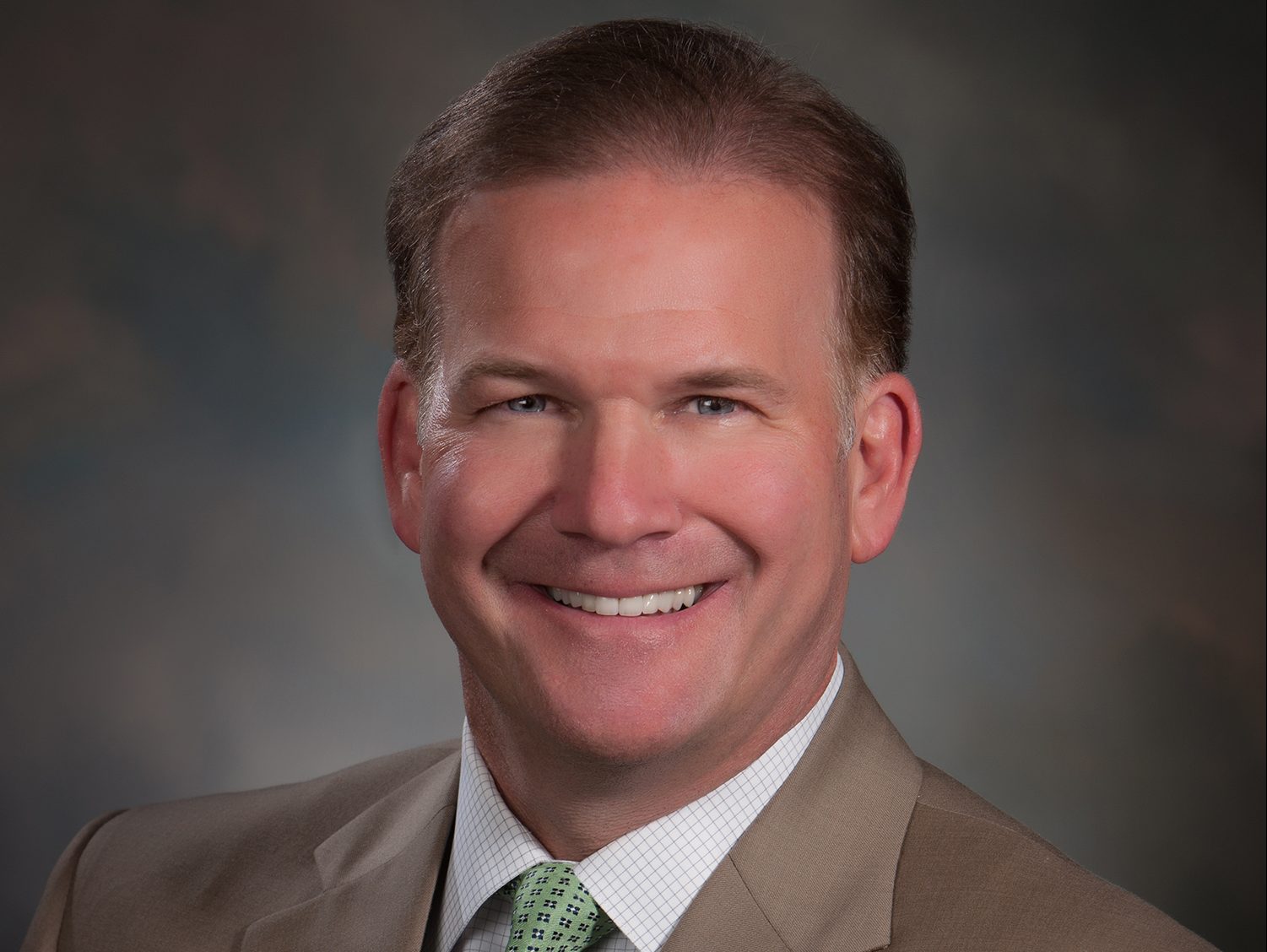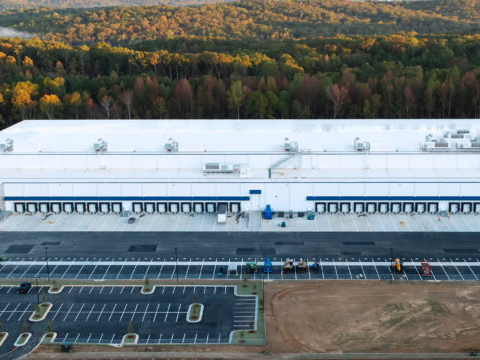Guest Column: Eliminate the NIMBY X Factor
The NIMBY phenomenon has been an unpredictable X factor that costs companies billions. Patrick Slevin believes more than 50 percent of opposition can be avoided with the right approach.
The NIMBY phenomenon has been an unpredictable X factor that costs investors, corporations and the development industry billions in lost investment capital, revenue, market share and shareholder value every year.
As a public relations counselor specializing in helping corporations mitigate NIMBY opposition across North America, I’ve concluded that more than 50 percent of local opposition involving development, including sustainable projects, has been caused by compromised corporate governance and outdated business models. Corporate developers have unnecessarily increased political and financial risk by either ignoring or alienating the community that grants them the license to operate.
“NIMBY” is a derogatory term used frequently in the media and land use professions around the world. The term is a byproduct of the “us versus them” mentality that directly contradicts and weakens corporate social responsibility programs.
This us-versus-them paradigm in the development industry undermines one of the pillars of corporate governance: engaging stakeholders who impact your bottom-line priorities.
Far away from headquarters, corporate representatives and consultants often ignore, if not alienate, the community that grants the license to operate. This breach in corporate compliance is the X factor that directly results in more than half of the NIMBY cases reported in local newspapers across the nation.
Corporate developers who are pursuing triple-bottom-line priorities and embracing corporate responsibility reporting are beginning to realize that local communities screaming “NIMBY” have given their corporate sustainability programs a black eye.
What can be done to change the paradigm? Corporations have done a great job with expanding economic and environmental sustainability practices. We have come a long way from the Smart Growth days. Today, sustainable development is predicated on reducing the carbon footprint with LEED certification while still creating economic opportunities.
However, economic and environmental sustainability isn’t enough to win social and political equity for the most sustainable projects. Even in this down economy, development projects are being rejected due to community opposition.
The old paradigm of us-versus-them is slowly being replaced by the emergence of “social sustainability,” which I define in the real estate development space as “civic engagement at the local level.” It’s the next big step in corporate responsibility and sustainability for corporate developers. Instead of just focusing on employee donations of time and corporate charitable giving, corporations such as ProLogis are factoring in civic engagement in siting.
ProLogis, along with a few other key corporations, is leading the way for others to follow. Social sustainability is the paradigm changer.
NIMBY is about protecting the status quo. Social sustainability is about turning fears of status quo into sustainable profits. Traditional and socially responsible investors are looking for corporations that are aligning their corporate practices to harmonize people, planet and profit—the triple bottom line.
Those corporations that are demonstrating positive and respectful engagement of the community at large are attracting capital, reducing risk and winning more community support at the municipal level.
Corporate citizenship and sustainability reports are key indicators for stakeholders.
Social sustainability and civic engagement create a competitive advantage both in reporting and in practice. A successful social sustainability program will not only help corporate developers eliminate the self-imposed NIMBY X factor but also significantly mitigate the threats of special interests with a political agenda (a topic for another guest column).
Social sustainability requires a new strategy, practice and attitude. It’s one thing to understand the theory and benefits of social sustainability, but it’s another to implement it consistently from your corporate headquarters down to multiple local offices. Yet despite the economy’s uncertain prognosis, projects continue to press forward. Those corporations that adopt social sustainability give themselves a competitive advantage in reporting, reputation and return on investments.
Patrick Slevin is a senior vice president at Hill & Knowlton, an international communications consultancy firm with 83 offices in 45 nations that has taken the lead in this emerging field and has expanded its national corporate responsibility practice to include social sustainability for corporations with land use interests. Slevin is based in Tallahassee, Fla., but counsels corporate clients across the United States. He can be reached at 850.222.4100 or Patrick.Slevin@hillandknowlton.com.








You must be logged in to post a comment.